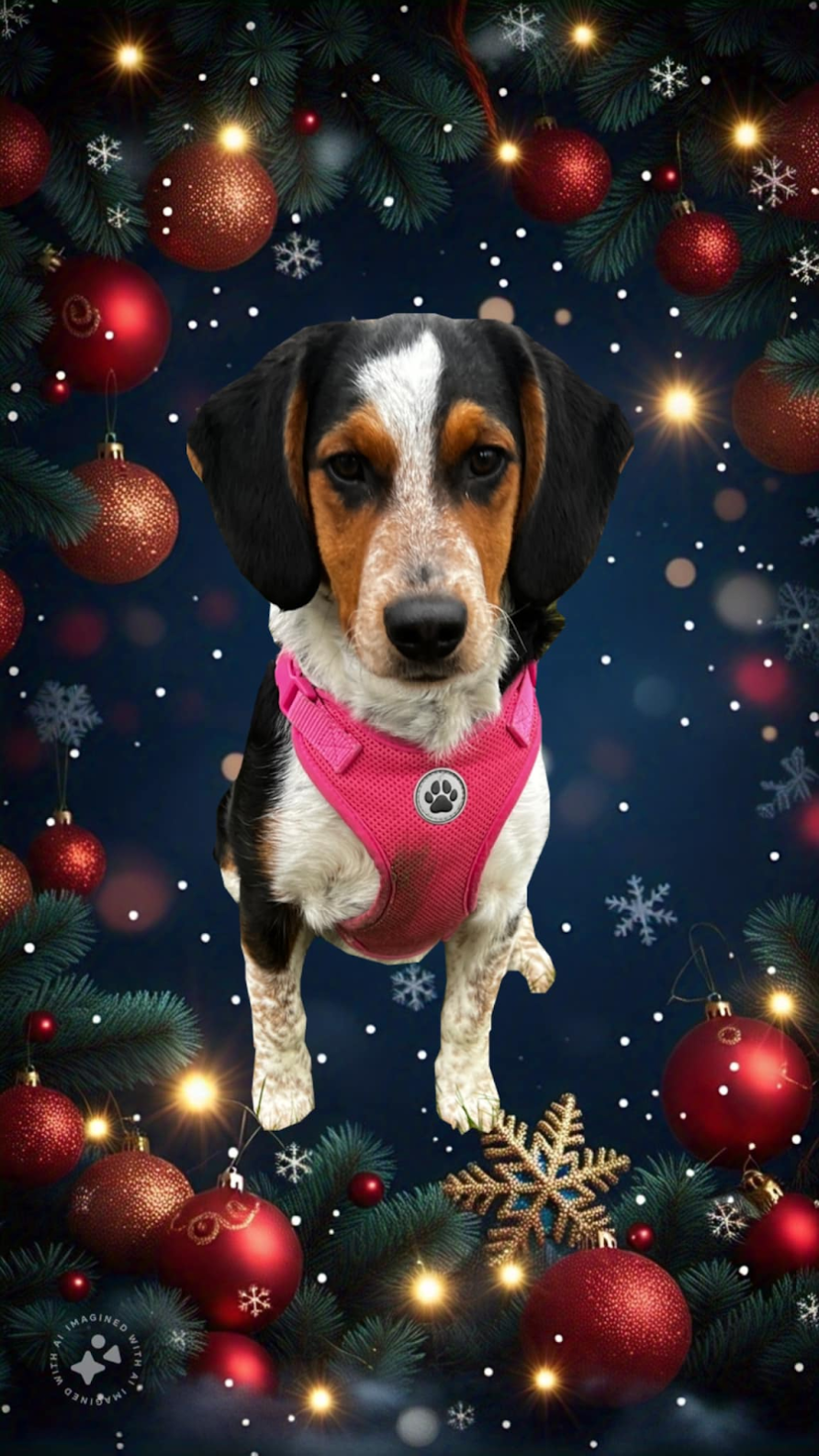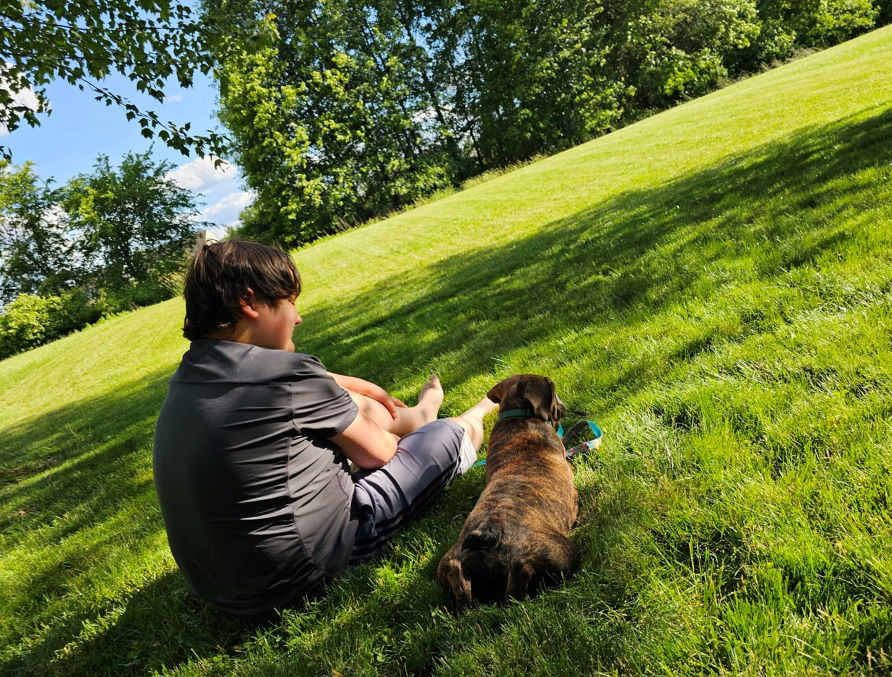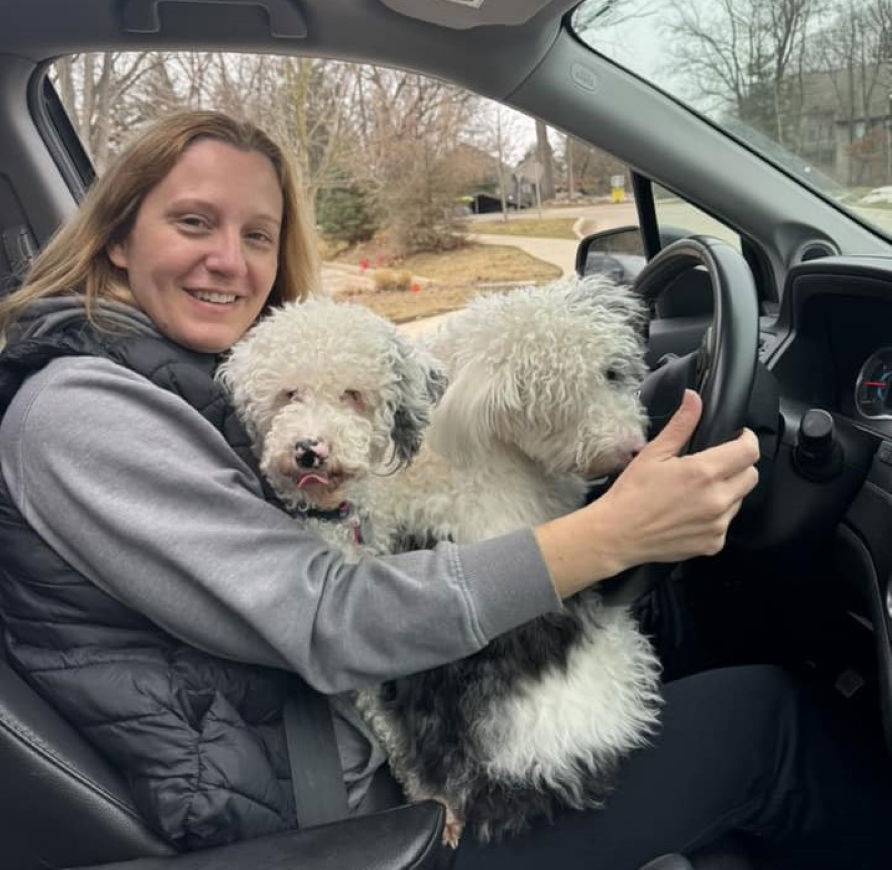Choosing the Best Dog for Your Family
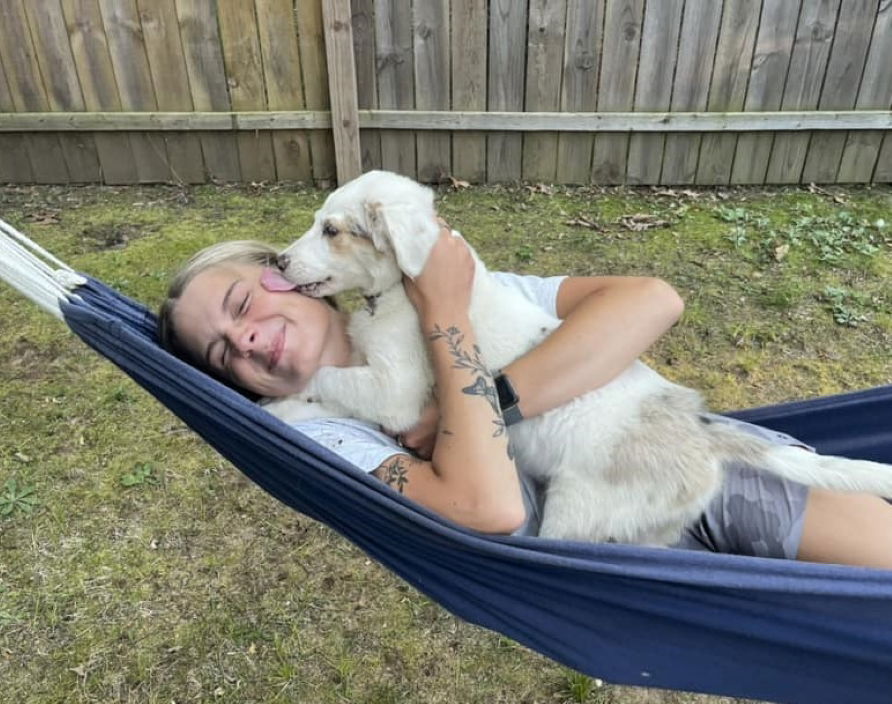

Live the Lifestyle
Subscribe to our lifestyle blog and be the first to receive latest articles, videos, how-to information and customer photos
What is a domestic dog?
The term “domestic dog” refers to any of several hundred breeds of dog in the world today. While these animals vary drastically in appearance, every dog—from the Chihuahua to the Great Dane—is a member of the same species, Canis familiaris. This separates domestic dogs from wild canines, such as coyotes, foxes, and wolves.
Domestic dogs are mostly kept as pets, though many breeds are capable of surviving on their own, whether it’s in a forest or on city streets. A third of all households worldwide have a dog, according to a 2016 consumer insights study. This makes the domestic dog the most popular pet on the planet.
Evolutionary origins
All dogs descend from a species of wolf, but not the gray wolf (Canis lupus), like many people assume. In fact, DNA evidence suggests that the now-extinct wolf ancestor to modern dogs was Eurasian. However, scientists are still working to understand exactly what species gave rise to dogs.
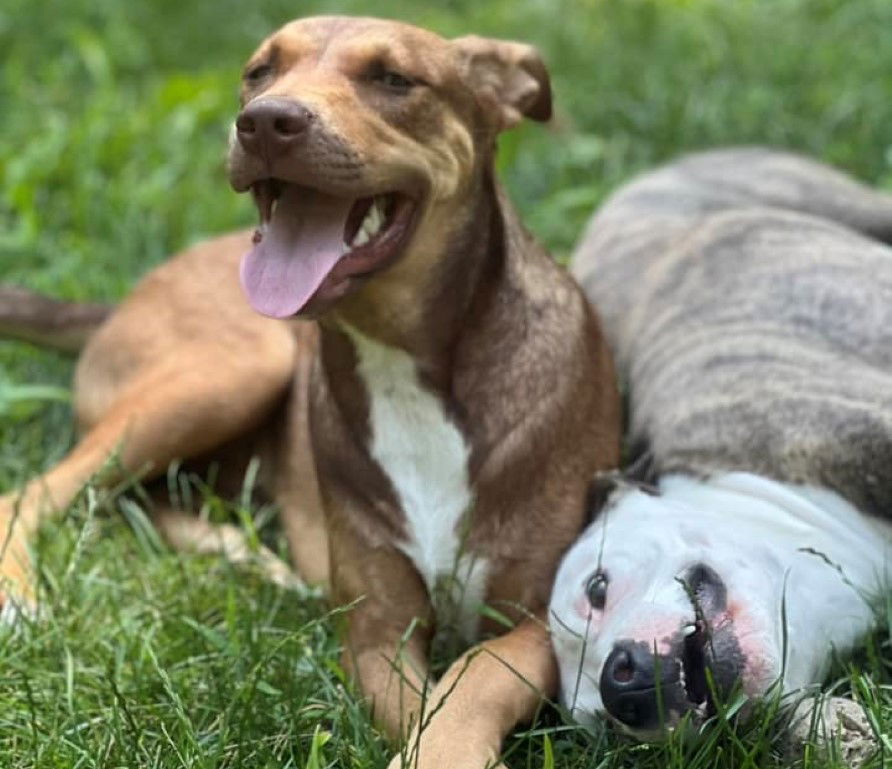
When dogs broke off from their wild ancestors is also a matter of mystery, but genetics suggest that it occurred between 15,000 and 30,000 years ago.
While it’s impossible to say exactly how a wild wolf species became a domesticated dog, most scientists believe the process happened gradually as wolves became more comfortable with humans. Perhaps wolves started down this path simply by eating human scraps. Many generations later, humans might have encouraged wolves to stay nearby by actively feeding them. Later still, those wolves may have been welcomed into the human home and eventually bred to encourage certain traits. All of this is thought to have unfolded over thousands of years.
Dog breeds
Today, many of the dogs you know and love are the product of selective breeding between breeds with desirable traits, either physical or behavioral. For instance, around 9,500 years ago, ancient people began breeding dogs that were best able to survive and work in the cold. These dogs would become the family of sled dogs—including breeds such as huskies and malamutes—that remain relatively unchanged today.
Similarly, humans bred German shepherds for their ability to herd livestock, Labrador retrievers to help collect ducks and other game felled by hunters, and sausage-shaped Dachshunds for their ability to rush down a burrow after a badger. Many more breeds were created to fill other human needs, such as home protection and vermin control.
Modern working dogs
While people certainly rely less on dogs for daily tasks than they did in the past, there are still many modern jobs for pooches. Herding breeds still help farmers round up sheep and cows, for instance. And who has not seen the many ways that dogs support search and rescue, or support police departments with drug identification and the military uses scent dogs for bomb location?
Choosing a pet for your family
Selecting a dog for your family should be a thoughtful decision. You should consider not just the traits of the breed you are interested in, but also the family environment you will be bringing your pet into----is your family active? More sedentary? DO you have young children? If so, herding breeds may not be the best for you if you don’t want your dog always trying to ‘manage’ and herd your toddlers! 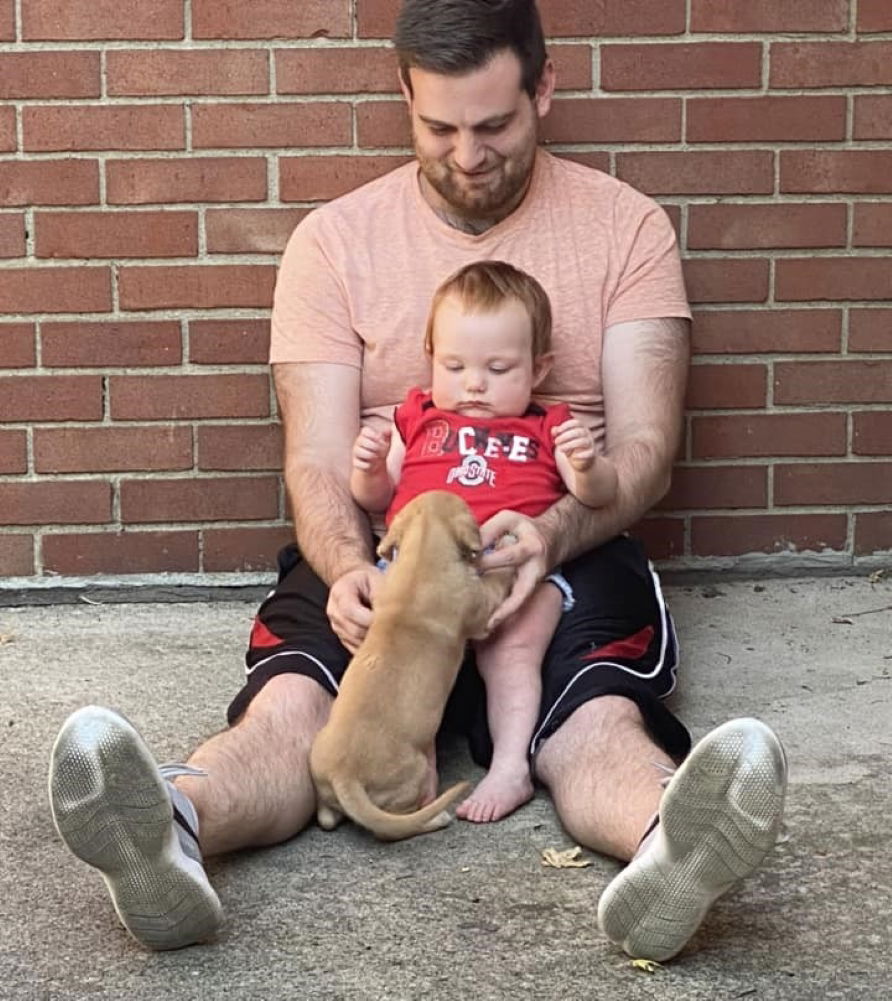
Please do not select a dog based on their appearance or popularity only, it can be disastrous for your family. DO YOUR RESEARCH, ask experts for help. Fostering is also a way to find a perfect animal that fits into your home, as you get the opportunity to try many sizes, breeds and temperaments.
Just remember that adding a dog as a family member is a HUGE step---you need to be ready to make this animal a member of your family for their entire life. Please consider finances as well, since you never know when they may become ill, and they will need regular veterinary care to stay healthy!
